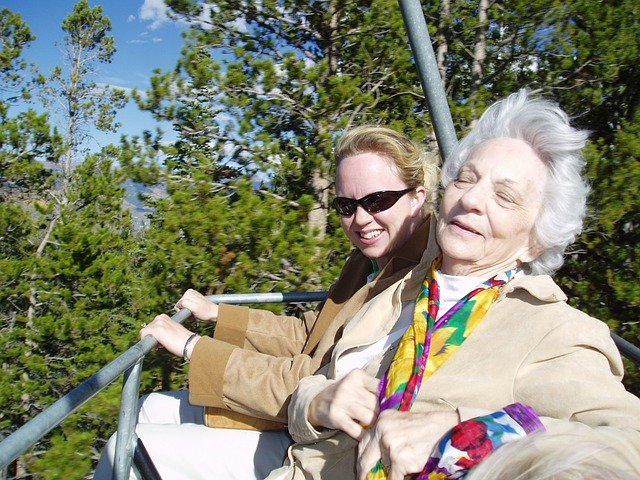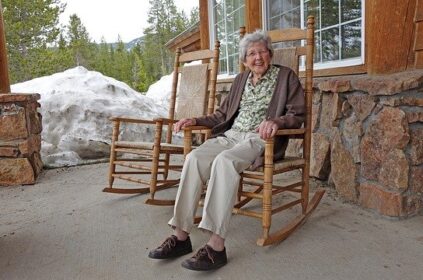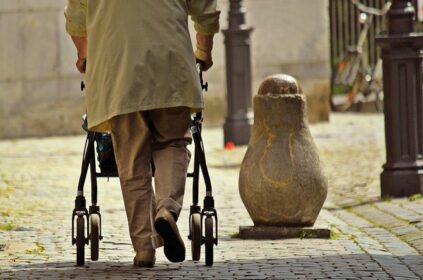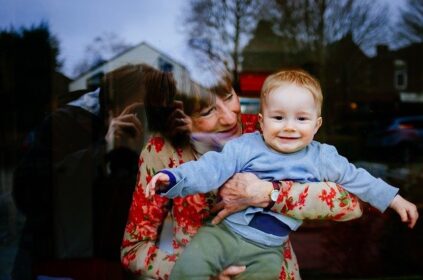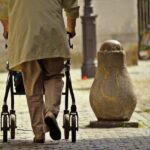If you’ve been around for 7,8,9 or even 10 decades, then chances are you’re one tough cookie! This is probably what makes it so hard when you realize you need a little help, or all the equipment doesn’t work like it used to. Care for the elderly can be tricky. Things can creep up slowly, or they can hit you like a Mack truck.
But, the result is there may be some annoying, embarrassing, and down-right yucky stuff that happens as we age. If you are a caregiver or a care receiver, here are just some things you may encounter when you care for the elderly.
It’s the same body, but it just has a few new rules! Some processes may slow down as you age; however, when it occurs depends on your overall health and habits as opposed to the number of candles on your birthday cake.
Be aware that when you care for the elderly their digestion and metabolism may slow down. The time it takes for food to travel through the system and the rate of absorption is increased. Some recent studies on metabolism are linked directly or indirectly to hormones. Foods you used to love, may not “agree” with you so easily and excess weight may be harder to get rid of. You may experience loose or hardened bowel movements.
Your reaction times physically and mentally may decrease. When you care for the elderly you may find that conversations take a little longer as they try to retrieve the information that is being asked. The information is there…but it’s sometimes harder to find. Additionally, physical responses to things such as the sound of an alarm or a moving object may be delayed. Sometimes, this delay can pose a danger.
Recovery times when you care for the elderly may increase. The immune system may be very good at fighting off a cold or the flu because it’s had decades of practice. However, if a foreign germ breaks through the body’s defenses, then a less efficient immune system may have a harder time combating this new germ. This is why the latest flu bug of the season is so dangerous.
Cells are replaced less quickly. These include bone, skin, blood, and muscle cells. Because skin is the largest organ, and that organ is made up of skin cells, keeping the health and integrity of the skin is crucial. If it’s damaged it will take longer to heal and the risk of infection increases. Bone mass is lowered and breaks can happen more easily as a result. For a bed-ridden patient, a caregiver must be careful when adjusting a patient. Skin and bone must be moved properly.
The biggest challenge with elderly care is that even though the mind of the care-receiver is young, the body may respond differently to the environment. Err on the side of caution when the elderly person is at risk for infection or injury as each is harder to fight for the aging body.

